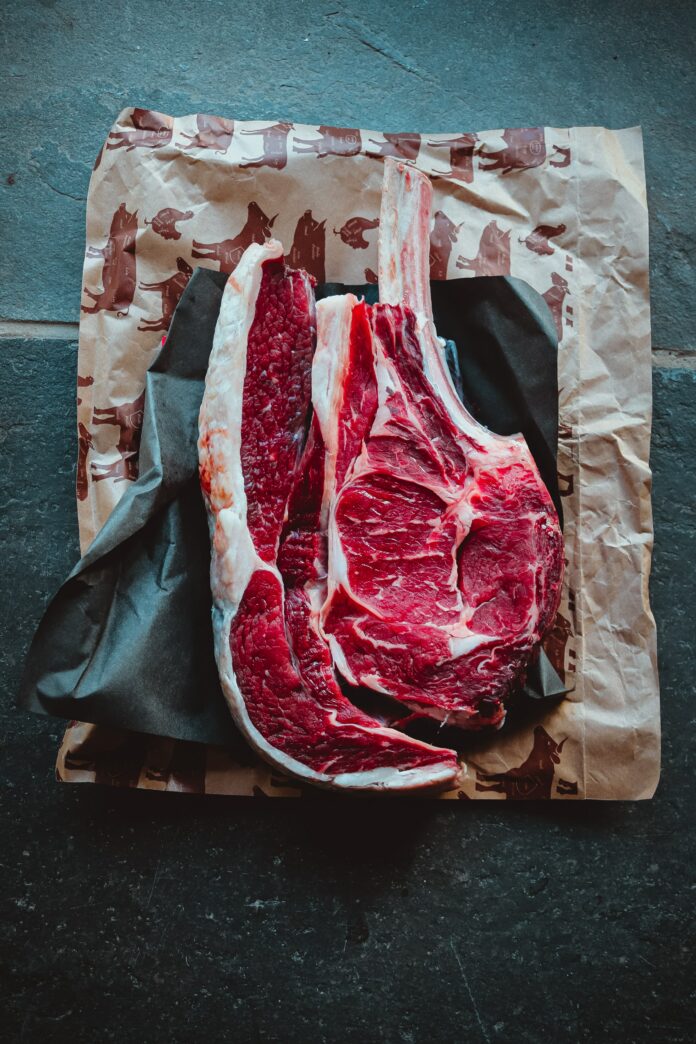
Over 27000 tonnes of fake food recovered during a Europe-wide operation including fake saffron worth €7,50,000 and 15 million liters of fake alcohol
An operation coordinated by Europol targeting food fraud has resulted in the recovery of 27000 tonnes of fake food and beverage products. According to a report by Europol on Thursday, November 17, the operation known as OPSON XI took place between December 2021 and May 2022, resulting in an increased number of seizures of fake food and beverages. The products seized by the authorities include cereals, fruits, vegetables, grains and derived products, food supplements as well as dairy and poultry.
Over 80 arrests were conducted across the EU, the report adds, and 137 individuals have been reported to judicial authorities. More than 175 criminal cases have also been opened, while 8 criminal gangs have been disrupted.
In Italy, forces from the NAS Carabinieri made a major crackdown on fake alcoholic beverages, after an investigation of a winery, resulting in the Italian authorities seizing the establishment. According to the report, the winery was involved in producing wine with added water and sugar, to some of its labels. There was also evidence of lower alcohol content, compared to the quantity mentioned on the bottles.
In Spain the Guardia Civil successfully managed to dismantle a criminal network, the report said. The suspects were involved in selling fake saffron made from molecularly modified gardenia, purchased from Asia. Three companies were investigated and 11 people were arrested. Over 10000 Kg of gardenia extract was also recovered, which the report adds, if sold as saffron, will have an estimated value of €7,50,000.
The Portuguese Autoridade de Segurança Alimentar e Económica, responsible for food and safety economic survey also ran operations against hidden slaughterhouses. According to the report, the officers raided two homes suspected of illegal slaughter. All the meat was seized, and the site was dismantled after investigations revealed poor hygiene conditions, lack of veterinary control and lack of licenses. Other operations in the country, the report adds, resulted in targeting illegal meat trade. The authorities found meat unfit for consumption, which was being reintroduced into the supply chain.
Samples were also collected of fish in France, Italy and Switzerland to check for fraudulent expiry dates. The investigation revealed several samples had expired and were being reintroduced into the market with new dates on packaging.
Thank you for taking the time to read this article, do remember to come back and check out the EuroNews247 website for all your up-to-date European news stories.








